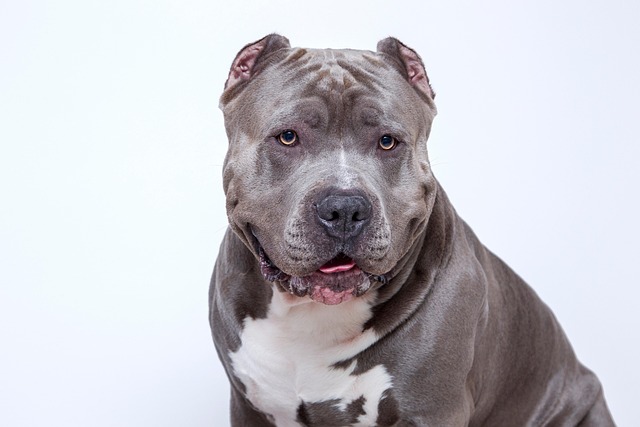
What is glaucoma in a dog?
You might notice your dog squinting more at mealtime or avoiding bright sunlight—these small changes could be early signs of a serious eye condition.
Gastrointestinal (GI) issues in dogs are more common than many new pet owners realize—they can pop up after a stolen table scrap, a sudden food switch, or even stress from a new apartment move. You might notice signs like loose stools, vomiting, or a lack of interest in meals, and knowing how to respond calmly is key to keeping your pup comfortable. It’s not just about easing their discomfort, though; addressing these issues quickly also helps prevent more serious problems, like dehydration or nutrient deficiencies, that can make your dog sicker over time.
First, let’s break down why dogs get GI trouble: their digestive systems are sensitive to changes, and things that seem harmless to us—like a handful of grapes or fatty leftovers—can throw their gut off balance. The first step to treating it is simple: hold off on feeding your dog solid food for 12 to 24 hours (but always keep fresh water available to prevent dehydration). After that window, reintroduce small portions of a bland diet—vets often recommend boiled chicken and white rice—since it’s easy on their stomach and helps reset their digestion. Avoid giving any treats or table food during this time, as it can slow the recovery process.
 Once your dog starts eating the bland diet without issues, you can gradually mix in their regular food over 3 to 4 days. But if symptoms like vomiting or diarrhea last more than 24 hours, or if you see blood in their stool, it’s time to call a vet. In the U.S., many areas require dogs to be up-to-date on vaccines (like parvovirus, which can cause severe GI symptoms), so your vet will also check that your pup’s shots are current to rule out infectious causes. This isn’t just a health step—it’s often a legal requirement, too, to keep both your dog and the community safe.
Once your dog starts eating the bland diet without issues, you can gradually mix in their regular food over 3 to 4 days. But if symptoms like vomiting or diarrhea last more than 24 hours, or if you see blood in their stool, it’s time to call a vet. In the U.S., many areas require dogs to be up-to-date on vaccines (like parvovirus, which can cause severe GI symptoms), so your vet will also check that your pup’s shots are current to rule out infectious causes. This isn’t just a health step—it’s often a legal requirement, too, to keep both your dog and the community safe.
It’s also important to tie treatment to your daily routine, especially if you live in an apartment or busy neighborhood. For example, while your dog recovers, stick to short, gentle walks to avoid straining their gut—save longer play sessions for when they’re back to normal. And always clean up after your dog during walks, even if they’re not feeling well; it’s a basic part of being a responsible pet owner in most Western communities, and it prevents the spread of bacteria that could affect other animals or people. Remember, positive reinforcement still matters here—praise your dog for eating their bland meal or using the bathroom outside to keep their mood up during recovery.
Treating your dog’s GI disease is all about balancing quick, gentle care with following vet guidance and community rules. By starting with a bland diet, monitoring symptoms closely, and keeping up with their vaccines, you’ll help your pup feel better fast. And as a new dog owner, these steps also teach you to spot early signs of trouble in the future—something that will make caring for your furry friend easier for years to come. With a little patience and the right approach, most dogs bounce back from GI issues in no time.

You might notice your dog squinting more at mealtime or avoiding bright sunlight—these small changes could be early signs of a serious eye condition.

Let’s set the scene: It’s a sweltering Phoenix afternoon—105°F outside—and you rushed your 2-year-old Lab mix, Cooper, on a quick walk to “get it over with.”

Let’s get real: You’re in your Miami apartment, watching your 3-year-old Corgi, Loki, struggle to climb the stairs to your second-floor unit.

Many dog owners brush off occasional scratching as just “dog behavior,” but persistent itching often signals something more—like a food allergy.

You might first notice your dog scratching more than usual—chewing at their paws until the fur looks thin, or rubbing their face against the couch nonstop.

Let’s be real: You’re standing in your Chicago apartment, watching your 3-year-old Beagle, Max, huff and puff just to climb onto the couch.